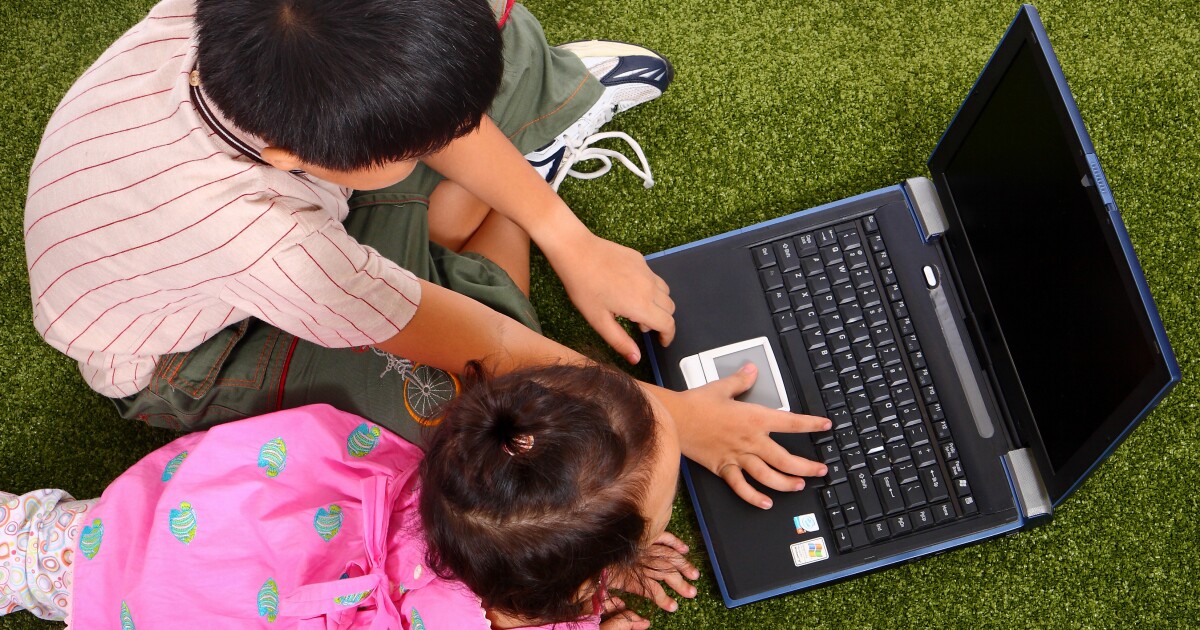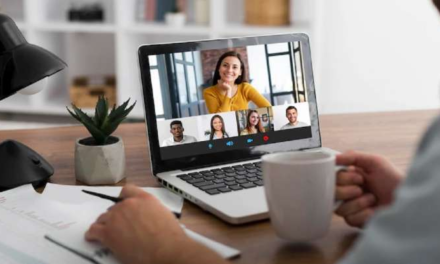Menu
DENVER — Over the years, many classrooms across the country have been using technology to help in the educational process. But where does one draw the line between healthy and unhealthy amounts of screen time?
Dr. Anat Geva, a clinical psychologist with HealthOne Behavior Health and Wellness Center, spoke with Denver7 recently about the importance of technology in kids’ lives these days and what parents can do to protect them from dangers online.
Being exposed to technology at an early age is important given we live in a highly connected world, Geva said, and using the technology we have not only helps us be informed but also helps us connect with other people – especially for individuals whose identities are not well-represented in their communities.
But as with anything out in the world, there are some caveats.
“Technology also has some disadvantages, right? A lot of information is just plain out wrong or misleading,” Geva said. “There can be social media and bullying that’s associated (with online activity), sometimes kids are not aware of the fact that their information is really not private. And there’s also people who have less than honest intentions.”
For parents concerned about the misuse or overuse of technology in their families, Geva said one good red flag to look out for in their kids would be when technology use is coming at the expense of other things in life, or whether the use of technology is causing distress or impairing other areas of a child’s life.
“For example, less involvement with their school or with their friends, or with family, or being very dependent on it (technology). So not being able to take that time off. These are all little red flags, that when they become too much or too many, we want to be mindful and intervene,” Geva said.
So what should parents do if they feel like their child is obsessed with technology or TV and things like that?
“Ideally you start before they’re at that stage,” Geva said. “Ideally you start very early and you kind of do a gradual release (of technology in their lives).”
She suggests that parents allow more freedom to let kids use technology as they earn more privileges by showing responsibility, but that doesn’t mean you won’t monitor what they’re doing with their screentime.
“If they know that they’re going to be monitored, they make may make better decisions, which is what you’re really shooting for, so they know what to expect,” Geva said.
She also said trust and rules have to be built into the process of that gradual release to prevent kids from overusing technology and prevent them from becoming addicted to it.
“So if that’s a certain time during the day, during which the phone is or may not be used – say dinnertime, say schoolwork, or maybe there’s just a phone curfew – be very clear about when you’re going to monitor them, and how that’s going to work out,” Geva said. “Are you going to be checking their phone in their presence, are you going to be checking their phone remotely? Is there some kind of tracking device that you want to be part of the family conversation? I really encourage parents and guardians to be very transparent, so that it’s also a trust building mechanism and not just a police mechanism for their children.”
She also suggests parents sit down with their children to talk (and see) what kinds of apps they’re using, what kind of messages they’re getting, as well as the type of content they’re putting out there for the world to see.
“For parents, the challenge is to show restraint and to really be interested in what their children do,” Geva said, adding that once parents understand where their child is coming from, they have more room to be flexible and work with their kids on what is allowed and not allowed based on the rules tey’ve set for their technology use.
As for the most important piece of advice?
“Your best tool is that connection with that kid and that trust. So building that trust, that interest, showing respect, but also having very reasonable boundaries and being very clear about what to do when these boundaries are violated” is the most important piece of advice Geva would provide parents trying to create a balance when it comes to technology use.
“They may not like it, they may push against it, but they will be more likely to collaborate with you as opposed to coming up with clever ways of going around you.”
Back to School: Managing kids and their technology use – Denver 7 Colorado News





